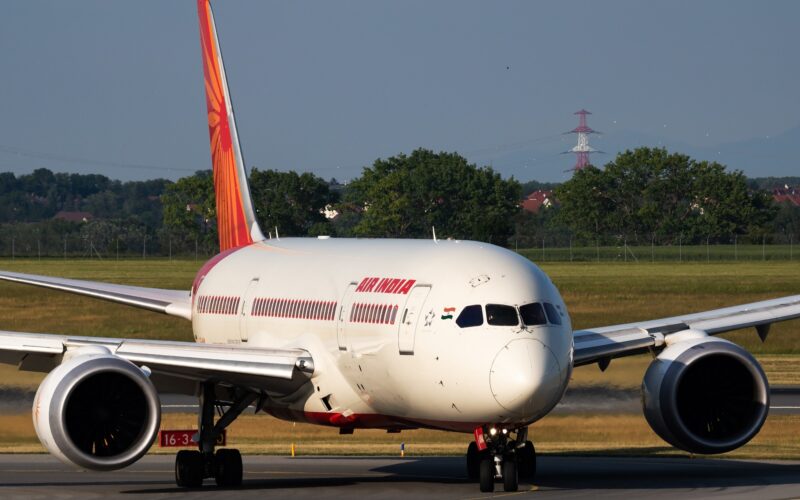Air India CEO defends paying Russia to use its airspace

In a candid interview the chief executive officer of Air India, Campbell Wilson, has defended paying Russia to fly over its territory to reach international destinations.
“If that’s the way the winds are blowing and it is most economical,” the Indian carrier boss told The Telegraph.
Air India is facing criticism because overflight charges paid by airlines to Russia can generate millions of dollars for the country each year.
Most western airlines have been banned from flying over Russia due to their home country’s support for Ukraine, or they simply avoid the airspace for safety reasons.
Foreign states like India and China that have been less critical are still welcome to fly over Russian territory.
In America, airlines want rival foreign carriers departing, landing or transitioning through America banned from using Russian airspace.
In February 2023, Airlines for America, an aviation association, said: “Foreign airlines using Russian airspace on flights to and from the US. are gaining a significant competitive advantage over US carriers in major markets, including China and India.”
“The whole principle of if Country A and Country B are having a conflict, and then Country A insists country C has to do X, Y and Z. That’s a precedent that I think we all need to be careful of,” Wilson said.
Air India is expanding its UK presence in a move which reinforces the strong links between the UK and India.
On March 28, 2023, Air India announced its first flight to London-Gatwick Airport (LGW) from Ahmedabad, Amritsar, Goa, and Kochi while increasing the frequency to London-Heathrow Airport (LHR) from Delhi and Mumbai.
Air India’s expansion into the UK aviation market could deepen criticisms the airline faces using Russian airspace and paying to do so.
Wilson told The Telegraph he doesn’t “condone or support” the Russian invasion of Ukraine but he believes global aviation is the “biggest enabler of global peace.”
In February 2023 Air India announced huge plane orders with Boeing and Airbus, clearly signaling the airline’s intentions to feature as a heavy weight on the global aviation scene.
Wilson added: “If we prevent certain carriers from overflying certain places, it doesn’t necessarily stop people moving. It just changes where they’re moving through.”
